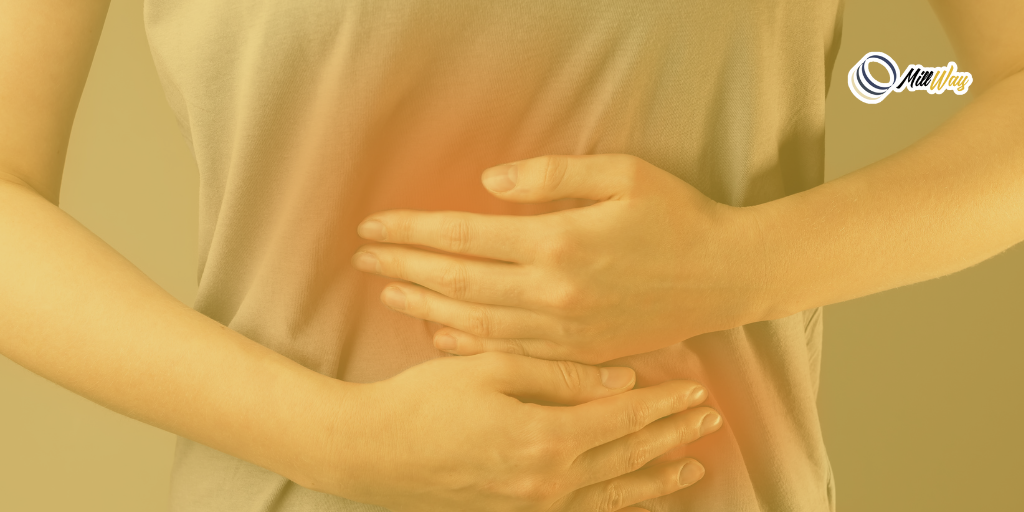
Nausea and vomiting after meals are not always signs of a simple indigestion or gastritis. These symptoms may indicate Gastroesophageal Reflux Disease (GERD), a condition where stomach acid flows back into the esophagus and irritates its lining. Left untreated, GERD can become chronic and cause serious complications.
GERD is a chronic acid reflux disease that occurs when the valve between the stomach and esophagus weakens. As a result, stomach acid easily flows upward. This condition not only causes burning chest pain (heartburn) but is often accompanied by nausea, vomiting, and even difficulty swallowing.
Chronic GERD can cause esophageal ulcers, narrowing of the food passage, and even increase the risk of esophageal cancer. That’s why recognizing the symptoms early and getting proper treatment is essential.
